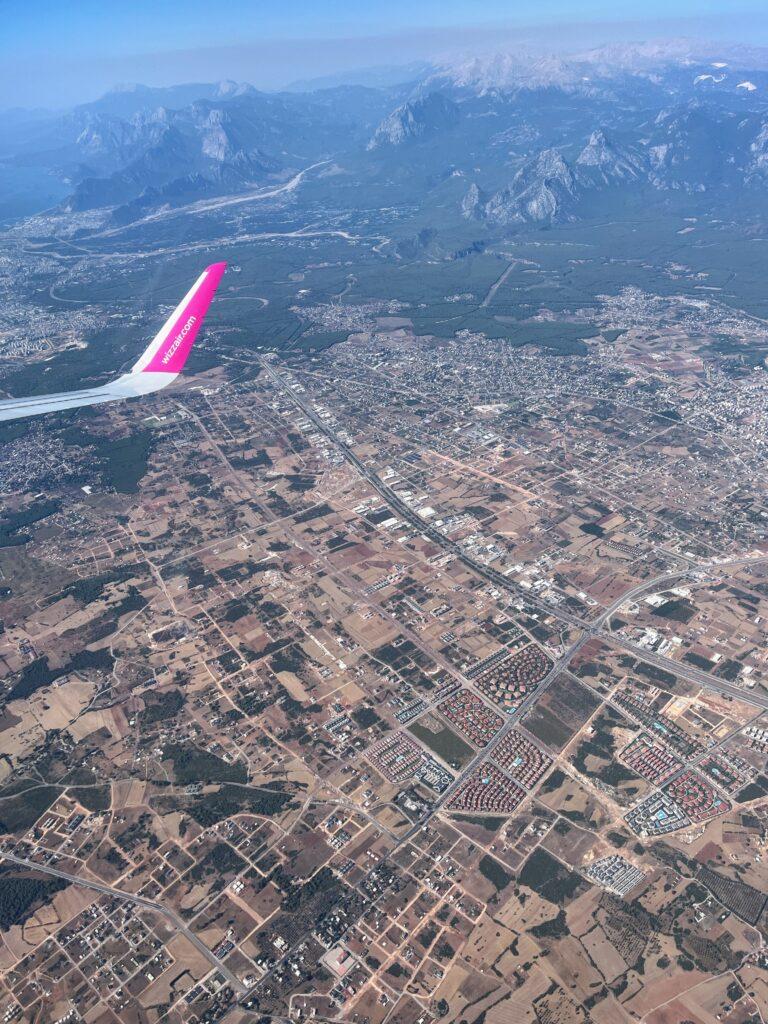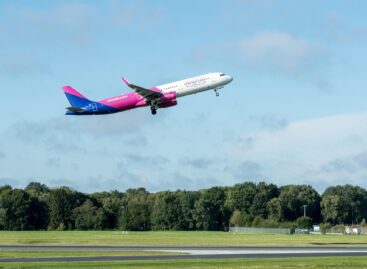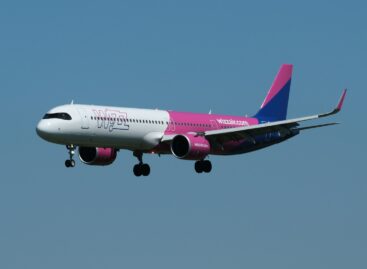Wizz Air CEO spoke about the changes
Israeli flights are now safe, and the 2025 summer season was a distinct success compared to last year’s chaos, said József Váradi, CEO of Wizz Air, in an exclusive interview with Pénzcentrum. He added that the airline’s growth strategy is currently determined by sustainable profitability, while external factors – wars, engine problems – still pose a serious challenge to the company.
Better summer, fewer disruptions
According to the head of Wizz Air, the 2025 summer was incomparably better than 2024, when flight cancellations, airport chaos and shutdowns rattled passengers’ nerves.
“We got through the summer almost without any flight cancellations, which rarely happens,” said Váradi, highlighting that the airline consciously built reserves into the system. More aircraft, pilots and cabin crew are on standby, and spare parts have been added. This strategy has resulted in a significant improvement in schedule accuracy.
Israeli flights resumed
Due to the developments in the Middle East, Wizz Air was forced to suspend its Israeli flights several times, but has been flying between Budapest and Tel Aviv again since August. Demand is huge, and according to the CEO, there would be a need for many more flights than they currently have capacity.
“This flight is now completely safe, and we are trying to serve the demand as much as possible,” Váradi emphasized.
Growth curbed, fleet limited
Wizz Air has scaled back its previous annual capacity growth target of 20 percent and is planning a 10-12 percent expansion in the coming period. This also means nearly 10 million new passengers per year – which is equivalent to the entire size of the Polish airline LOT, for example.
The reason for the reduction is the engine recall: dozens of aircraft have been grounded due to Pratt & Whitney’s manufacturing problems, and the solution to the situation may take up to 2027. At the same time, Wizz Air has made a significant investment: they purchased eighty engines, for $20 million each, to reduce the impact of the outages.
Related news
Wizz Air increases flights to Egypt to help passengers affected by Middle East airspace closures
🎧 Hallgasd a cikket: Lejátszás Szünet Folytatás Leállítás Nyelv: Auto…
Read more >The situation in the Middle East is a serious loss for Wizz Air
🎧 Hallgasd a cikket: Lejátszás Szünet Folytatás Leállítás Nyelv: Auto…
Read more >BKK bids farewell to the second generation of Bubi with an event
🎧 Hallgasd a cikket: Lejátszás Szünet Folytatás Leállítás Nyelv: Auto…
Read more >Related news
(HU) Átadták a SIRHA Budapest 2026 Innovációs Termékverseny díjait
🎧 Hallgasd a cikket: Lejátszás Szünet Folytatás Leállítás Nyelv: Auto…
Read more >How does the forint exchange rate affect consumer prices?
🎧 Hallgasd a cikket: Lejátszás Szünet Folytatás Leállítás Nyelv: Auto…
Read more >HELL CITY has arrived, led by Michele Morrone
🎧 Hallgasd a cikket: Lejátszás Szünet Folytatás Leállítás Nyelv: Auto…
Read more >









